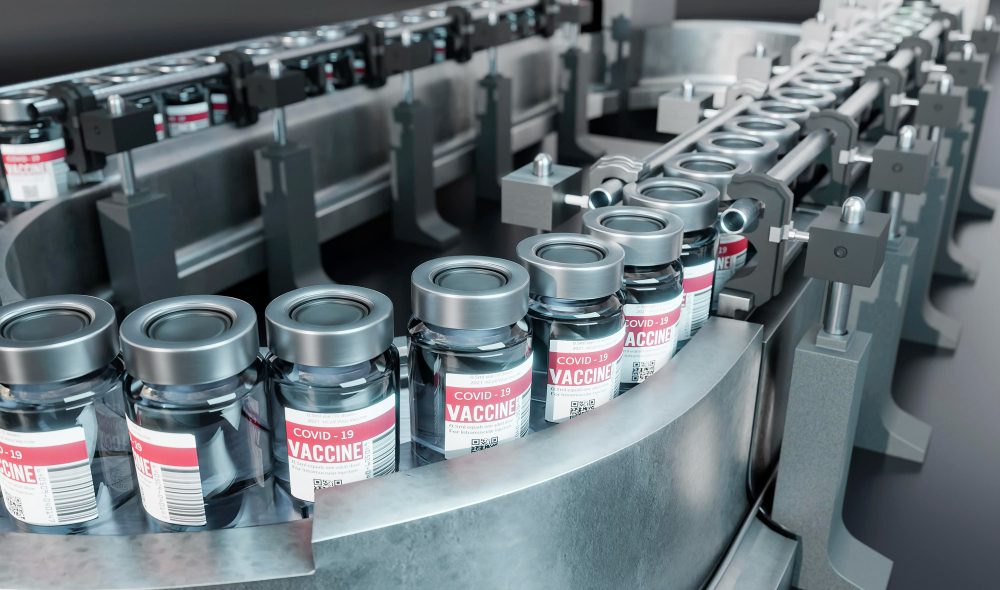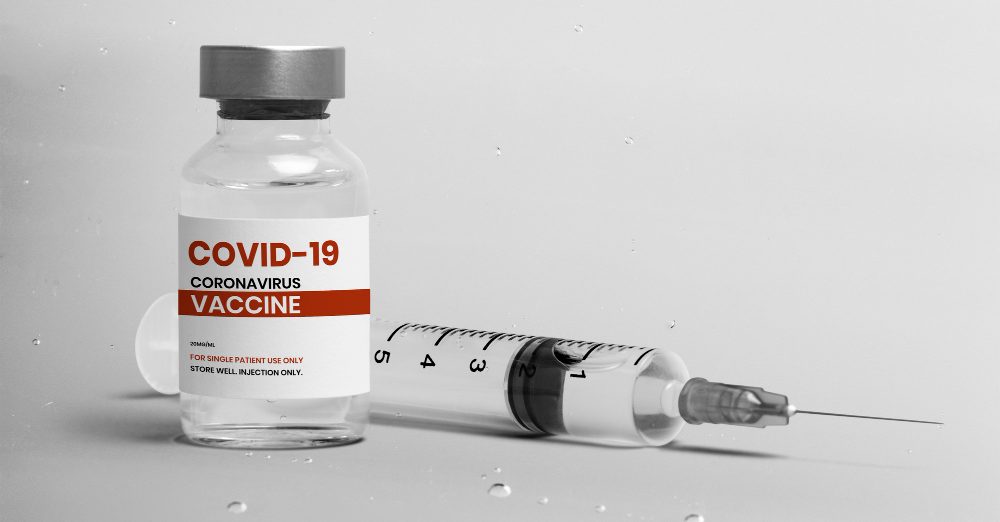- The Indian response to the pandemic over the last eighteen months or so has been satisfactory in terms of measures initiated to tackle the menace, imposing graded restrictions, releasing financial packages, boosting domestic consumption, information dissemination on vagaries of the virus, extending support to local vaccine production, and allowing opening of economic activities through well thought out guidelines. Opposition political parties may differ, but the Union Government’s overall response during the crises has been satisfactory. However, there is no denying the fact that even a prompter response could have helped tide over the unfolding calamities in a much better way.

PC: Freepik
- One of the areas which could have shown a more proactive, transparent, and appropriate response was to undertake local scientific studies and systematic research on the vaccination drive. Note that two days after the announcement that beginning January India will embark on a booster vaccine program and also extend coverage to children, details are not yet in the public domain. For instance, South Africa was quick off the block in identifying the Omicron variant, earlier and similarly excellent efforts by scientists in the UK, the many studies conducted in the US, Europe, and Israel shows how governments and science responded to the pandemic.
- India on the other hand hardly shares the findings, if there is one so that all concerned can make informed decisions. Mind you, the basic motivation for such work is always domestic since public health responses are tailored to local contexts. Intriguingly, India despite being one of the few countries to have developed its own Covid vaccine has been a virtual non-player in carrying out local studies on the vaccination drive. This is extremely critical information related to domestic jabs which may not be available elsewhere. Of course, there is some exception like CMC Vellore’s ongoing study where the trial that began a few months ago to study a mix and match regimen for the first two doses using both Covishield and Covaxin.

PC: Rawpixel
- The scope of the trial also includes booster doses. By now results should have been out and studied thoroughly to conclude before India stated its booster program. Needless to mention, many more such studies should have happened as well. Another area is the sharing of data by the Union Health Ministry with India’s scientific community. People may recollect about 900 scientists sending the Government of India a letter in April asking for more transparency. Understand, putting more experts on the job of analyzing the data during public health emergencies has many upsides.
- It is worthwhile to remind that ICMR has extensive data on testing while Cowin captures granular details on vaccination. Duly opening up these databases to India’s vast and rich scientific community would have yielded insightful studies. Sadly, we rely heavily on studies carried out abroad. Consider this, the UK does not allow AstraZeneca as a booster for those double dosed with it. Here, if Covishield is used as a booster for those who have already been administered it, what is the scientific basis for such a decision? Understandably, India’s scientific community has been underutilized owing to a lack of government encouragement for independent studies. Can this situation be addressed? Why not!






